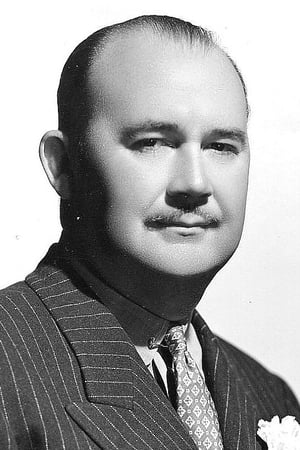Paul Whiteman (1890-1967)
Alias:
Paul Samuel Whiteman
The King of Jazz
Born:
March 28, 1890
Died:
December 29, 1967
Paul Whiteman began his musical career as a viola player for the San Francisco Symphony. He enlisted in the Navy during World War I, and his musical abilities resulted in the Navy putting him in charge of his own band. After the war he moved to New York in 1920, where he recorded his first hit, Whispering/The Japanese Sandman. It sold more than two million copies, making Whiteman was an instant star. In 1924 he introduced the George Gershwin classic Rhapsody in Blue, which became the band's signature song. Whiteman had the foresight to hire some of the best jazz musicians of the era, including Red Nichols, Frankie Trumbauer, Tommy Dorsey and Bix Beiderbecke. Bing Crosby got his start with Whiteman in 1929, in a trio called the Rhythm Boys. Whiteman's band continued its run into the 1930s, but toward the end of the decade their popularity began to wane, and in the early 1940s Whiteman took a job as musical director for the American Broadcasting Co., a position he kept into the '60s. He would put together his band every so often during that period, and in the early 1960s they even managed to secure engagements in Las Vegas, after which Whiteman retired. Date of Birth 28 March 1890, Denver, Colorado, USA Date of Death 29 December 1967, Doylestown, Pennsylvania, USA (heart attack)





